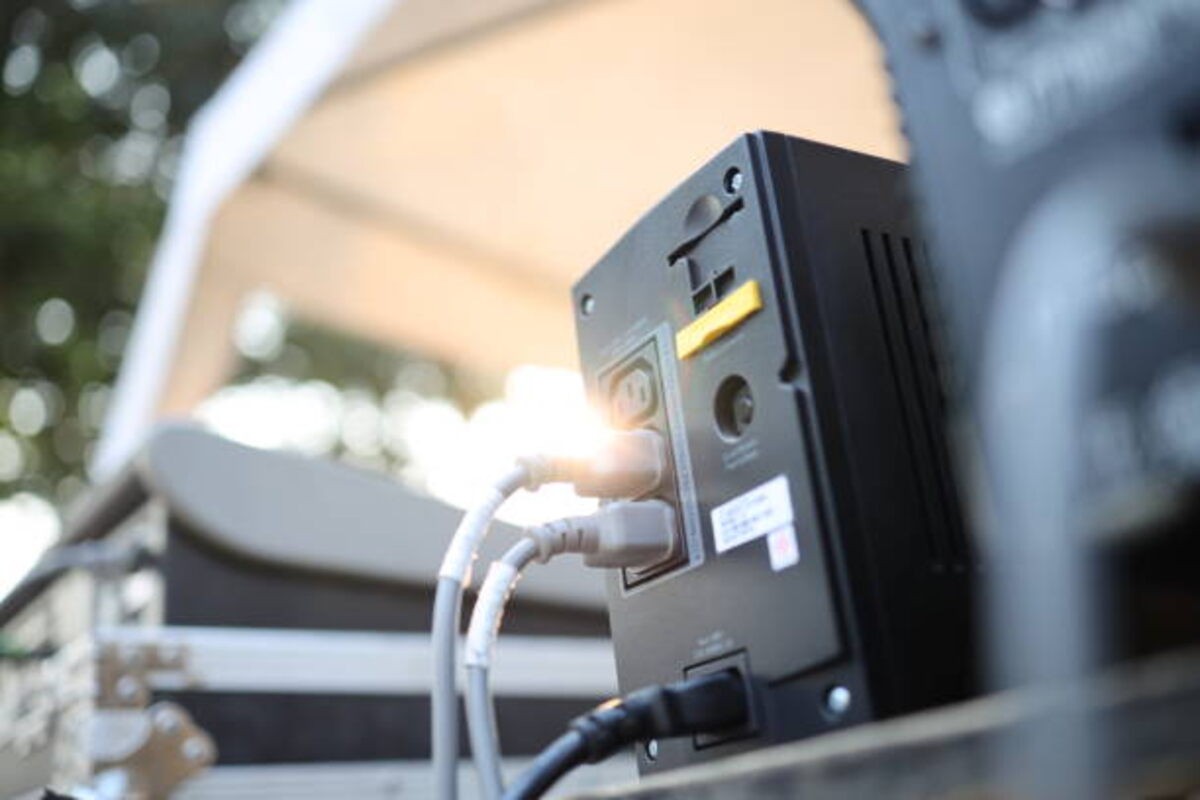UPS, or uninterrupted power supply, is an indispensable backup tool for power outages or any other disruption. A UPS electrical system is like a middleman between the power source and the electrical equipment. It has three essential components: a battery, an inverter, and a rectifier. When your regular power supply works, the UPS charges its battery, providing your devices with steady power.
In case of power outages, the UPS automatically switches to battery power. As a result, the connected devices can continue operating without interruptions until regular power is restored. Moreover, it gives sufficient time to shut them down safely. Owing to such benefits, a UPS electrical system also calls for significant maintenance. Read on to find out a few top practices for ensuring reliable performance.
Table of Contents
Tips to Ensure a UPS’s Reliable Performance:
1. Proper Sizing and Capacity
The foremost tip is to choose the correct size of UPS electrical system for reliable performance. Begin with a thorough assessment of the power requirements of all connected devices. This allows us to determine the appropriate and required UPS capacity. Oversized UPS may operate inefficiently, and an undersized one may struggle to handle the load. Thus, leading to a potential system failure. Therefore, accurately sizing the UPS ensures optimal performance and prevents overloads and power disruptions during critical operations.
2. Regular Maintenance and Inspections
A UPS requires regular maintenance to function optimistically like any other electronic device. It is essential to follow the manufacturer’s maintenance guidelines. It includes cleaning components, verifying connections, and inspecting cooling systems. Performing regular inspections can be beneficial in detecting any potential issues, such as loose connections or dust accumulation. All this can negatively impact the equipment’s performance causing it to malfunction. By routine maintenance, one can effectively extend their UPS’s lifespan.
3. Battery Monitoring and Testing
A UPS electrical system’s core component is batteries that ensure an uninterrupted power supply during outages. Regular battery health monitoring and routine tests are essential to evaluate their capacity and condition. These tests involve voltage checks, load tests, and identifying signs of deterioration or reduced runtime. Following the manufacturer’s recommended guidelines while replacing batteries ensure a reliable backup power source. Moreover, prioritizing battery maintenance can help to avoid unexpected power disruptions and ensure optimal performance of a UPS system.
4. Environmental Considerations
To make a UPS electrical system work at its best, it must be in the right environment. These units need to be placed under the right temperature. Ensure they are kept at a spot with good airflow and a controlled climate. Keeping them away from heat sources and dusty places can help avoid issues later.
5. Load Management
Efficient load management is an essential task for optimal UPS functioning. Regularly assessing the power requirements for the connected devices helps make necessary adjustments. Connect only the equipment required to avoid overloading the UPS electrical system. Moreover, spreading the load evenly among multiple UPS units will ensure reliable power distribution. Proper load management is the key to maximizing the setup’s longevity.
6. Surge Protection
In addition to providing backup power, UPS electrical systems offer protection against power surges. However, employing additional surge protection devices or ensuring the UPS has built-in surge protection is beneficial. Protecting the equipment from power surges is necessary to avoid costly repairs and data loss. Therefore, ensuring surge protection implementation can lead to a more reliable UPS system.
Conclusion
Maintaining a steady and uninterrupted power supply is crucial. While keeping the above mentioned maintenance tips, one can keep their UPS electrical system functioning at its best. You can reduce downtime and protect critical equipment by dedicating time and effort to implementing these practices. Knowing that the UPS will operate seamlessly during power outages gives peace of mind. Connect with a leading power solutions company today to learn about such practices!
Read also: Electric Scooter Price Guide: How To Find The Best Deal For Your Ride




